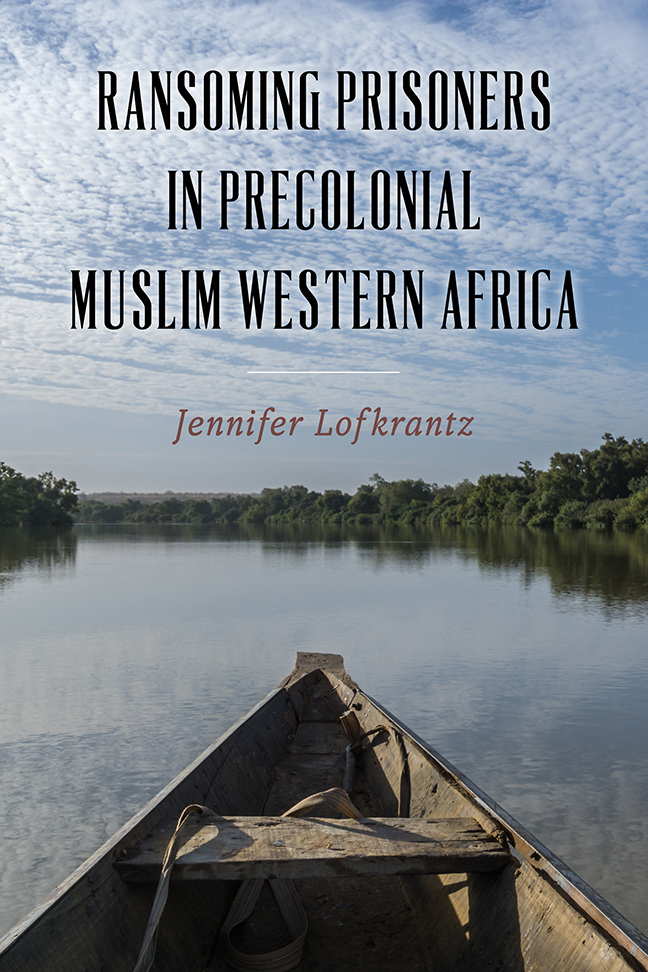Book contents
- Frontmatter
- Contents
- Tables
- Acknowledgments
- Introduction
- One Islamic Discourse on Slavery and Ransoming before 1800
- Two The Policy and Practice of Ransoming in the Maghrib
- Three Jihad, the Sokoto Caliphate, and Ransoming
- Four The Jihad of ‘Umar Taal and Its Ransoming Nonpolicies
- Five The Negotiation and Practice of Ransoming Prisoners
- Conclusion
- Bibliography
- Index
Conclusion
Published online by Cambridge University Press: 10 January 2024
- Frontmatter
- Contents
- Tables
- Acknowledgments
- Introduction
- One Islamic Discourse on Slavery and Ransoming before 1800
- Two The Policy and Practice of Ransoming in the Maghrib
- Three Jihad, the Sokoto Caliphate, and Ransoming
- Four The Jihad of ‘Umar Taal and Its Ransoming Nonpolicies
- Five The Negotiation and Practice of Ransoming Prisoners
- Conclusion
- Bibliography
- Index
Summary
On February 19, 2018, 110 teenage schoolgirls were kidnapped from the Government Girls’ Science and Technical College in Dapchi, Yobe State in northeastern Nigeria by the Islamic State West African Province (ISWAP) faction of Boko Haram led by Abu Muswab al-Barnawi (which had split from the Boko Haram faction led by Abubakar Shekau in 2015). On March 21, 2018, all of the girls except the five who were killed during the kidnapping and the lone Christian girl, Leah Sharibu, were returned in a convoy of trucks, dropped off in front of the school they had been kidnapped from with instructions not to return to school. Why were these Muslim girls unconditionally released, whereas the Boko Haram faction under the leadership of Shekau demanded a ransom or a prisoner exchange in return for the girls, including the self-identified Muslims, he had kidnapped in 2014?
Jacob Zenn argues this was because al-Barnawi follows Islamic State’s directions not to take Muslim captives whereas Shekau, contrary to all interpretations of Islamic law, was willing to take Muslims captive. However, what is more likely, is that Shekau did not recognize the Muslim identity of the Chibok girls who self-identified as Muslim whereas al-Barnawi did accept as Muslim the Dapchi girls who self-identified as such. Shekau and al-Barnawi's decisions about who they view as legitimate captives to be enslaved, ransomed, exchanged, killed, or freely released reflect the questions that have been debated throughout Muslim West Africa for centuries: Who is a proper Muslim? What interpretation of Islam should prevail? What is the role of Islam in the state? Who gets to decide? And who speaks on behalf of a community?
The previous chapters examined the debates and practices of ransoming prisoners in the eighteenth and nineteenth centuries, which was also a time of political and religious strife—of jihad—when these same questions were being intensely debated and fought over. In nineteenth-century West Africa, these questions were framed as debates on who was and was not a Muslim, how could and should Islamic law be implemented, what rights and protections should recognized freeborn Muslims have, and what role should governments play in ensuring those rights. In the nineteenth century, the contestations over these questions led to the overthrow of governments and the formation of new states.
- Type
- Chapter
- Information
- Ransoming Prisoners in Precolonial Muslim Western Africa , pp. 173 - 178Publisher: Boydell & BrewerPrint publication year: 2023



